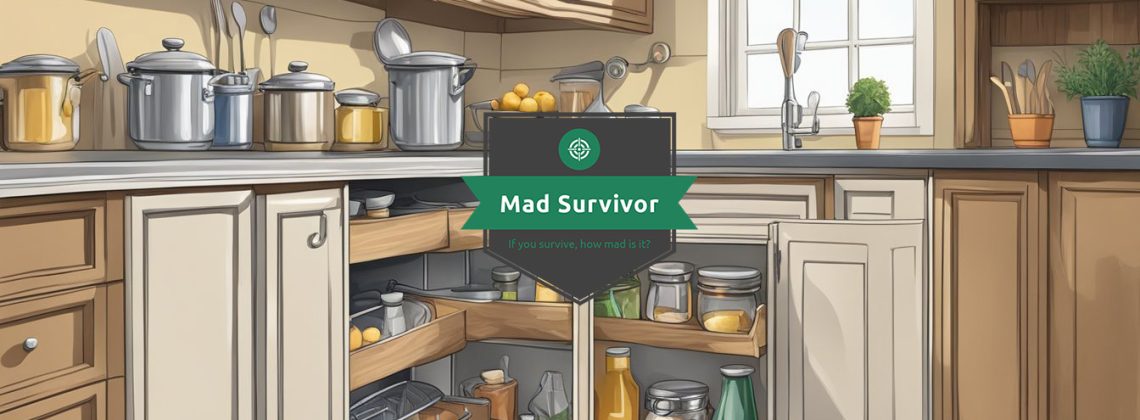
In the world of emergency preparedness, the question of whether to keep your prepping efforts under wraps or to share them openly can be a tough decision to navigate. On one hand, keeping your prepping a secret may provide a sense of security, allowing you to maintain a low profile and reducing the risk of becoming a target in the event of a crisis. It’s understandable that you might want to protect your supplies and maintain your family’s privacy.
However, there are compelling reasons to consider sharing your knowledge about prepping with others. By talking about your preparations, you can encourage more individuals to become self-reliant. Imagine a community where each household is equipped with the basics in emergency preparedness; such a scenario could lead to greater resilience within your local area, reducing desperation and increasing mutual support during hardships.
Ultimately, your approach to this topic will reflect your personal beliefs, values, and the specific context of your situation. Balance is key as you decide who, if anyone, to bring into your confidence regarding your preparations. Whichever route you choose, remember that the goal is to ensure the well-being and safety of you and your loved ones.
Understanding Prepping

In the journey to self-sufficiency, understanding the basics of prepping is a crucial first step. It sets the foundation for why and how you prepare for the unexpected.
Defining Prepping
Prepping refers to the process you undertake to become prepared for emergencies or disasters. It’s about ensuring that you and your loved ones can remain safe and self-sufficient during unforeseen events. This can range from stocking up on basic necessities like food and water to acquiring knowledge in critical survival skills.
- Essentials: Water, food, shelter, warmth, and medical supplies.
- Skills: First aid, fire-making, and food preservation.
Reasons for Prepping
You may choose to prep for a number of reasons, each deeply personal and often informed by your life experiences. Some common motivations include natural disaster preparedness, economic instability concerns, and even global events that hint at potential supply chain disruptions.
- Natural Disasters: Earthquakes, floods, hurricanes, and more.
- Man-made Events: Power outages, economic crises, and geopolitical conflicts.
Benefits of Secrecy
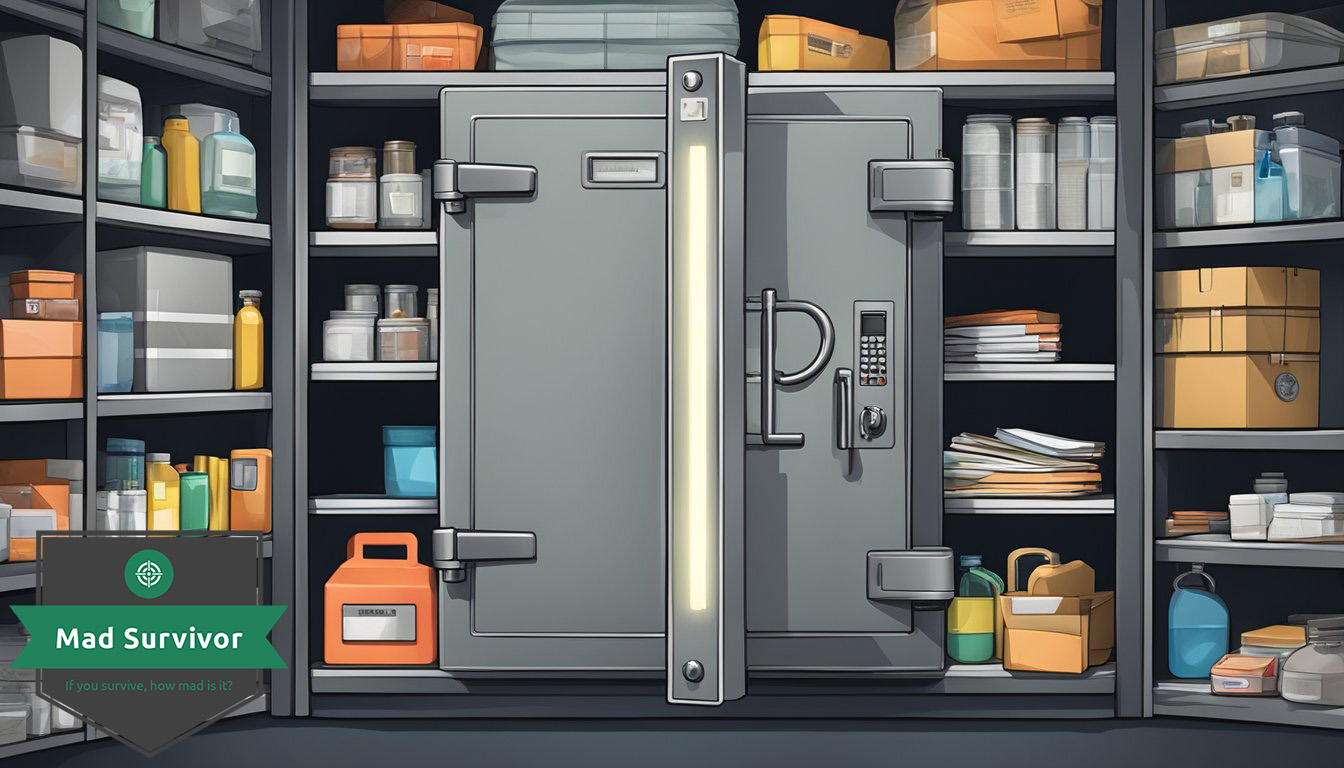
When it comes to prepping, keeping your plans confidential can provide certain advantages. Understanding the benefits of privacy helps you make informed decisions about sharing your prepping strategy.
Operational Security
Operational security (OPSEC) is crucial in ensuring the safety and effectiveness of your prepping plans.
- Control of Information: You control who knows about your supplies and strategies, which may reduce the risk of theft or looting in times of crisis.
- Strategic Advantage: By keeping your prepping a secret, you maintain a strategic advantage, as adversaries or people with bad intentions will be unaware of your resources and plans.
Avoiding Negative Social Implications
Maintaining privacy in your prepping endeavors can protect you from negative social implications.
- Social Perception: Preppers are sometimes unfairly stereotyped. Keeping your prepping private can prevent potential judgment or social stigma from others who may not understand your reasons for prepping.
- Peer Pressure: You avoid the pressure of conforming to the expectations or opinions of others who might discourage you from prepping or encourage you to change your methods when they don’t align with their beliefs.
Risks of Sharing Prepping Information
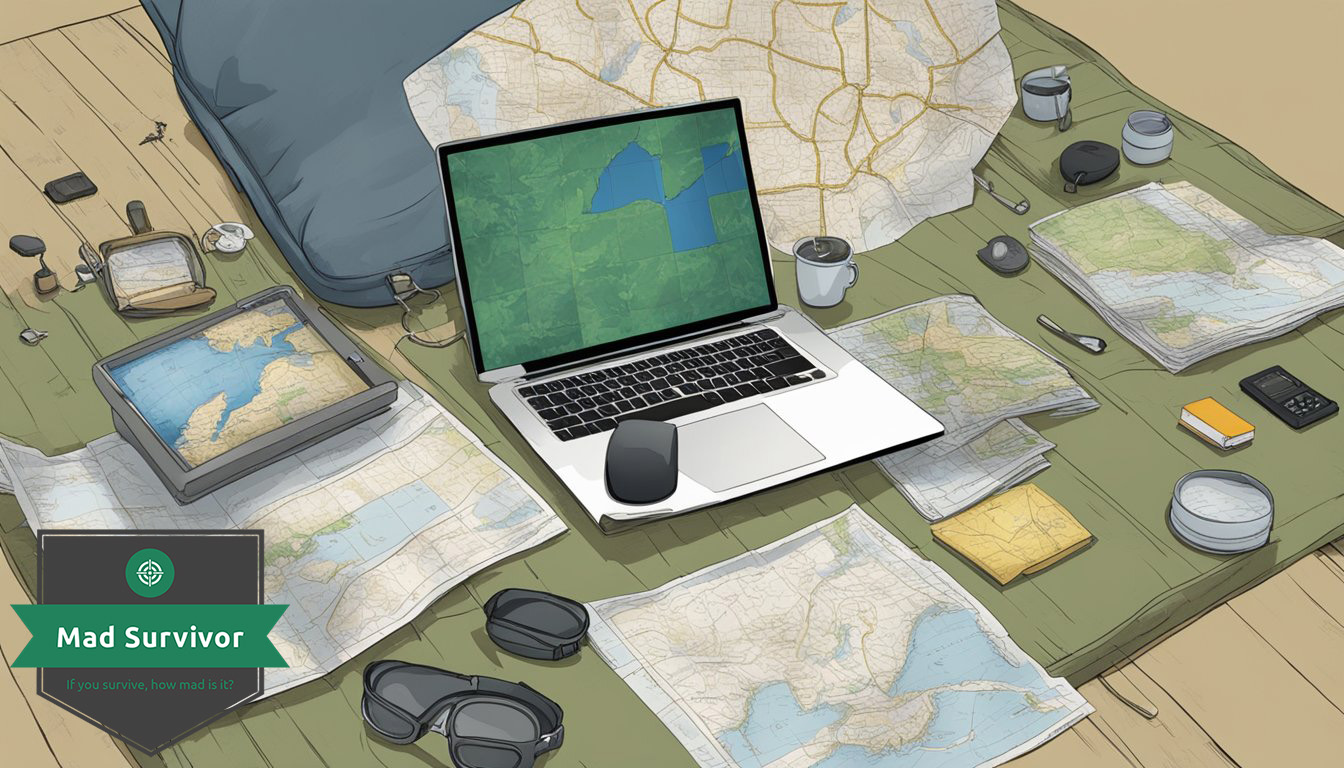
Deciding to share information about your prepping activities might seem beneficial, but it comes with inherent risks that require careful consideration.
Potential for Misinformation
When you speak about your prepping plans, there’s a chance your words can be taken out of context or altered as they’re passed on. Misinformation can lead others to make ineffective or harmful decisions during critical times.
Risk of Becoming a Target
In times of crisis, resources become extremely valuable. If it’s known that you have supplies:
- Your home could be seen as a warehouse of goods.
- You may face pressure from people you’ve told, or others they’ve spoken to, to share or give up some of your supplies.
- Desperate individuals might target you, compromising your family’s safety.
Scenarios to Consider:
- Unwanted Visitors: People remembering your prepping may arrive seeking help.
- Theft or Coercion: Knowledge of your supplies could lead to theft or worse.
By understanding these risks, you can decide how much to share about your prepping efforts and with whom.
Creating a Balance
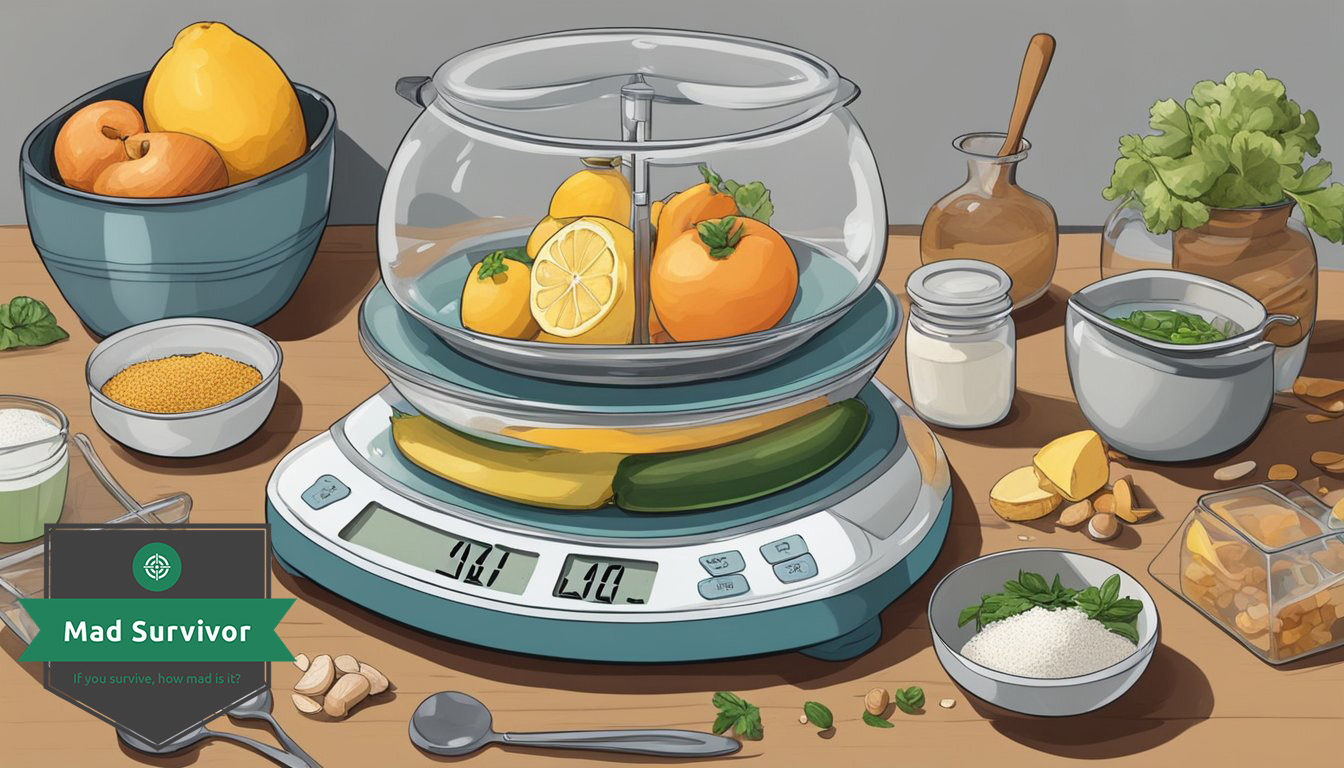
When you’re prepping, it’s crucial to find the sweet spot between secrecy and community building. Your approach will impact not just your own survival, but also the resilience of those around you.
Selective Sharing Strategies
To walk the line between isolation and community, you’ll want to employ Selective Sharing Strategies. Here are a few tips:
- Identify the essentials: Before sharing, decide what information is crucial and what can be kept under wraps.
- Choose the right audience: Share with those who understand the importance of preparedness and can keep confidence.
- Offer pieces, not the whole puzzle: Provide enough to collaborate but not so much that you compromise your plans.
Establishing Trust and Community
Building a trustworthy community is a step toward a balanced prepping strategy:
- Start with close circles: Discuss your prepping with trusted family and friends before reaching out to a broader network.
- Look for like-minded individuals: Seek out local or online groups that focus on preparedness to find your community.
- Practice reciprocal trust: Build trust by being reliable and offering help when others in your community need it.
Maintaining Privacy
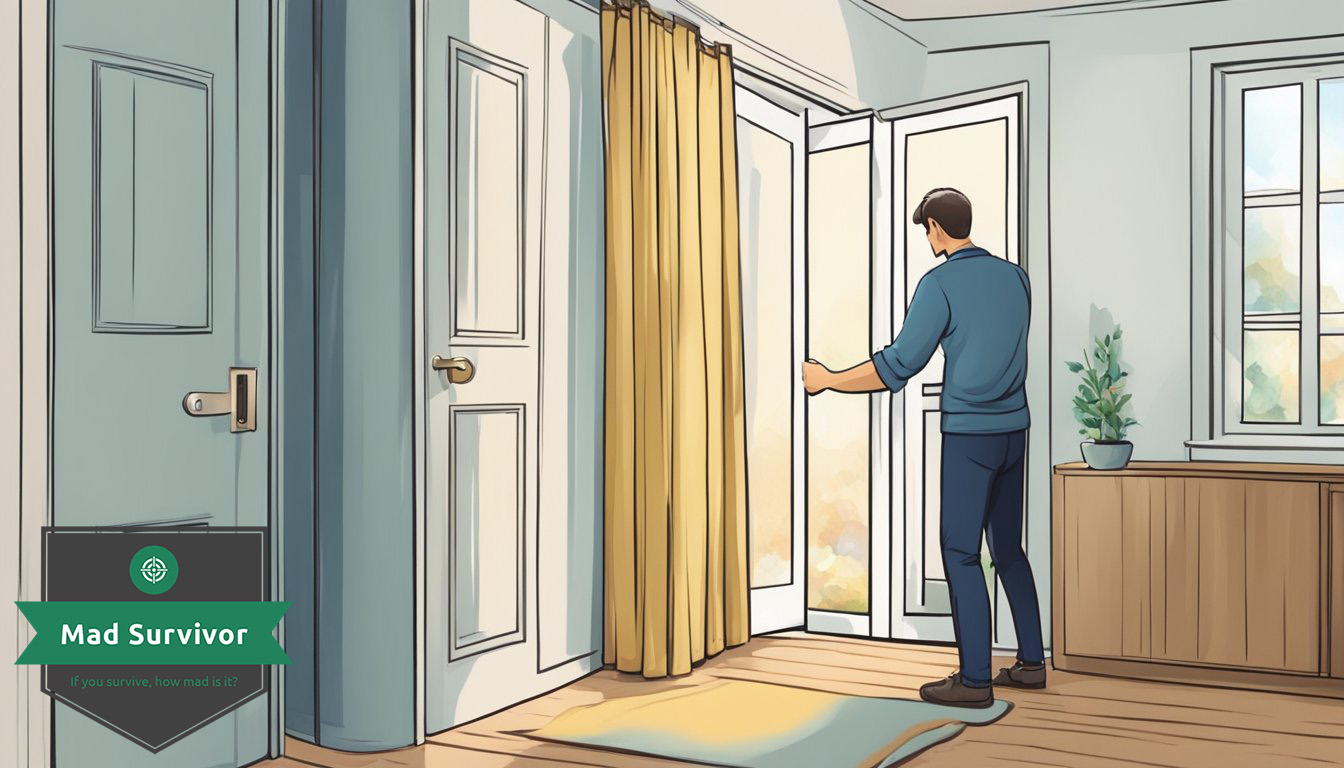
In the realm of prepping, privacy is paramount to ensure the safety and security of your preparations. Closely managing who knows about your resources and how you store them can be critical.
Physical Prepping Storage Tips
When it comes to storing your supplies, being discreet is key. Here are some tips to keep your physical preps private:
- Concealment: Store items in unassuming containers or spaces that blend in with their surroundings. For instance, a false bookcase that leads to a storage room adds a layer of secrecy to your supplies.
- Dispersion: Don’t put all your supplies in one location. Spread them out in multiple, well-concealed areas. This way, if one stash is discovered, you won’t lose everything.
- Camouflage: Use everyday items to hide your preps. A cleaning supply cabinet can double as a storage area for smaller prepping supplies, making them less noticeable.
Digital Footprint Management
Your digital presence can reveal more than you think. Here’s how to manage your digital footprint:
- Search Habits: Be cautious of your searches related to prepping activities. Utilize privacy-focused search engines and consider using a VPN to hide your IP address.
- Online Purchases: When you buy supplies online, be aware that your purchase history can paint a picture of your prepping activities. Use gift cards or prepaid credit cards for transactions when possible.
Should You Build Mutual Assistance Groups?
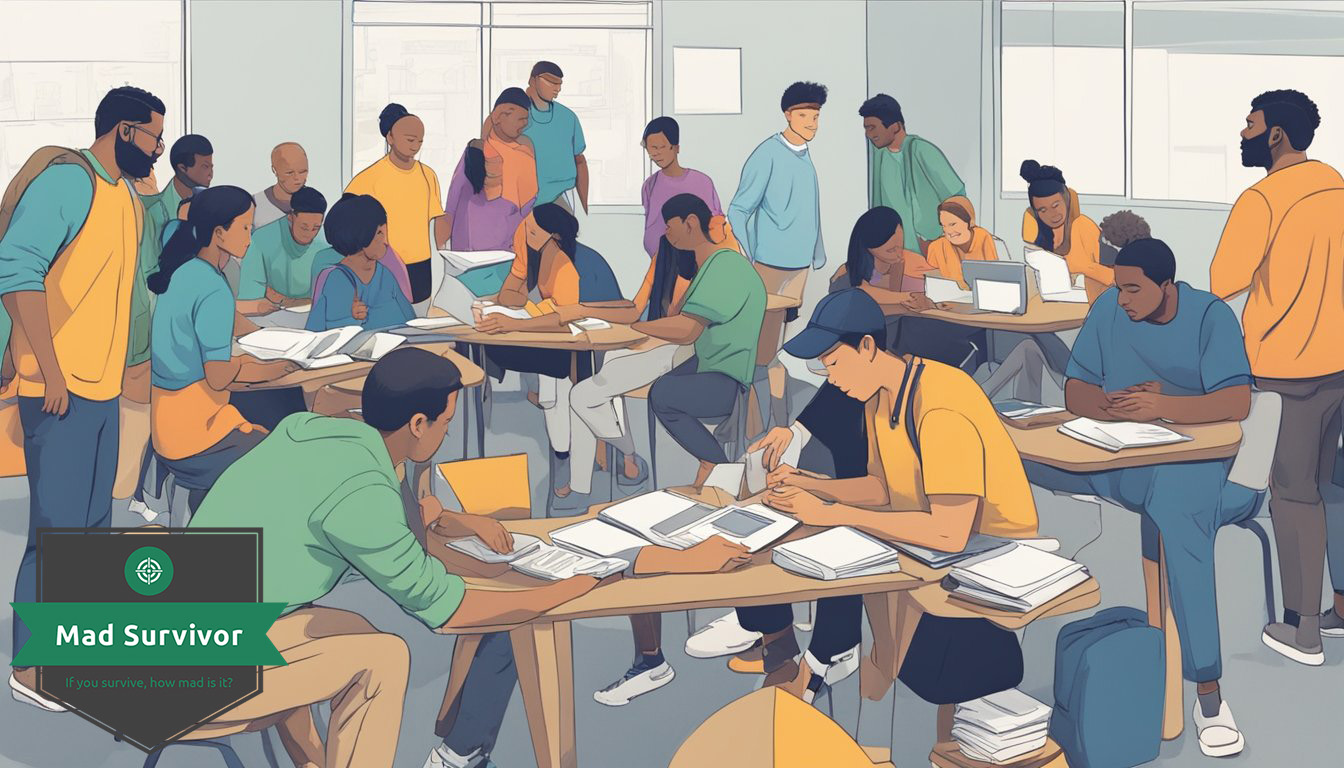
When preparing for emergencies, you might wonder if it’s beneficial to join forces with others. Mutual Assistance Groups (MAGs) can offer shared skills and resources, improving your chances of thriving during crises.
Finding Like-Minded Individuals
To create an effective MAG, you need to find individuals who share your mindset on preparedness. Engage in local community events or use online platforms and forums dedicated to prepping. List specific skills and resources you can offer and look for potential members who complement or enhance the group’s capabilities. Remember, diversity in skills and experience can fortify your group’s resilience.
- Networking Tips:
- Attend local survivalist meetups
- Join online prepping communities
- Volunteer for emergency preparedness events
Structuring a Prepper Group
Clear Goals: Set specific objectives for your group. This could range from sharing resources to joint emergency drills. Membership Criteria: Define what attributes make someone an ideal candidate, such as trustworthiness and skill sets. Roles and Responsibilities: Assign clear roles based on each person’s strengths, and establish rules and expectations.
- Structuring Pointers:
- Objectives: Survival training, resource pooling
- Criteria: Reliability, non-disclosure, specific skills (medical, mechanical, tactical)
- Roles: Communication officer, medical aid, security coordinator
By focusing on structured recruitment and organization, your MAG can be a strong support system in times of need.
Frequently Asked Questions

Prepping for emergencies often involves sensitive information and resources that could impact your safety; understanding when to share and when to keep quiet can be crucial.
Why is discretion important when preparing for emergencies?
Maintaining discretion in your emergency preparedness efforts protects your stockpile from becoming common knowledge, which could make you a target in a crisis when resources become scarce.
What are the risks of sharing your emergency preparedness plans with others?
Sharing your plans can lead to unexpected dependents in an emergency, as those unprepared may turn to you for help, thereby stretching your resources thin and potentially jeopardizing your own survival strategy.
How can keeping your prep stash a secret benefit you in a crisis?
By keeping your stash a secret, you minimize the risk of theft or coercion, ensuring that your carefully accumulated resources remain available for you and your loved ones during emergencies.
In what situations might it be advantageous to share your prepping strategies?
Sharing strategies with trusted individuals can foster a support network, enhancing mutual aid and resource diversity, which can be beneficial when facing challenges that require collaborative efforts.
What precautions should you take when discussing prepping with family or friends?
Discuss general strategies rather than specific details like location and quantity of supplies, and choose to engage with those who respect privacy and have a genuine interest in emergency preparedness.
How can preppers maintain privacy about their resources without appearing unsociable?
You can discuss prepping in broader terms without revealing intimate details of your plans or resources, thus contributing to the community’s knowledge while safeguarding your own preparedness measures.

Leave a Reply